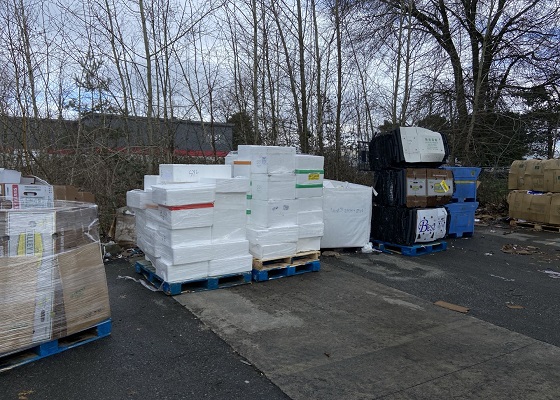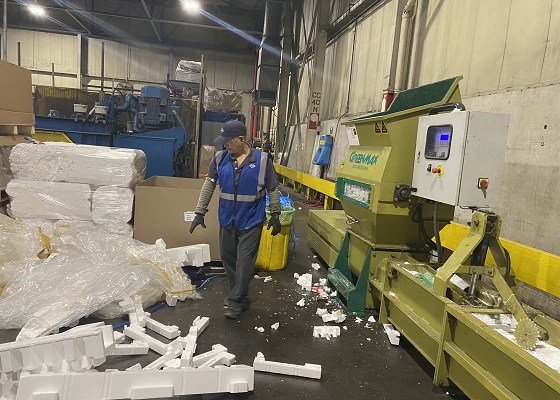You will find that recycling EPS is of extraordinary significance after using the EPS compactor
EPS takes up space in landfills and will remain there for hundreds of years. However, this is not the biggest shortcoming, nor is it the main cause of environmental pollution. Because modern landfills are sealed and protected from moisture and light, this does not mean there is a positive impact on biodegradation. Even organic materials do not decompose once they reach the landfill. The most direct impact of landfilling to reduce EPS is to cause a waste of land resources and cause brief environmental pollution. When EPS is exposed to an open spontaneous combustion environment, it will cause serious environmental pollution, such as ocean pollution. According to a review by Environmental Research, EPS is estimated to account for 60% to 80% of marine debris. Recycling can help reduce the amount that ends up in the ocean.

Pay attention to the method when recycling. For example, EPS recycling method such as incineration has been listed as a recycling method that can easily cause secondary pollution. EPS produces toxic chemicals when burned, unless an efficient incinerator is used, and most related companies just send EPS to garbage dumps for open burning, which is a poor recycling method. You will find higher efficiency and extraordinary significance by using EPS compactor for recycling.

The use of EPS compactor not only solves the problem of environmental pollution, but is also an important form of resource recycling. After being crushed and compressed by the EPS compactor, EPS blocs can be used as precious recycled materials for granulation. After compression, it can be transported and stored better. EPS contains a lot of air, which not only takes up a larger space, but also burns easily, causing safety hazards. EPS compactor, also known as EPS screw compactor and EPS cold compactor, has a compression ratio of 50:1 and is a widely used plastic foam compression equipment.
